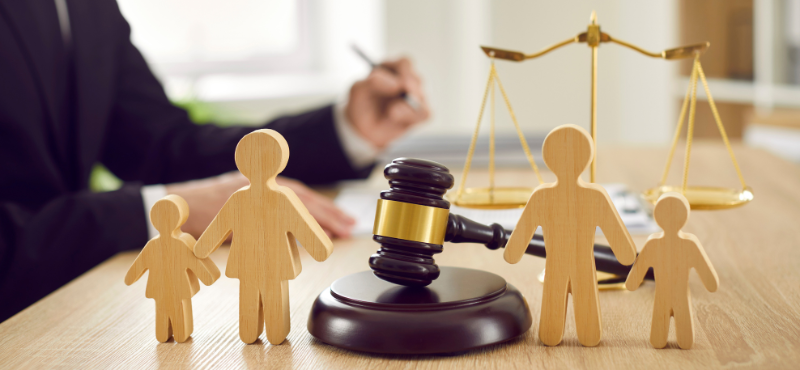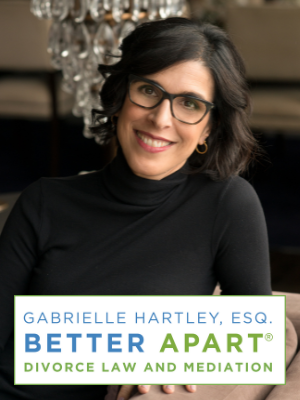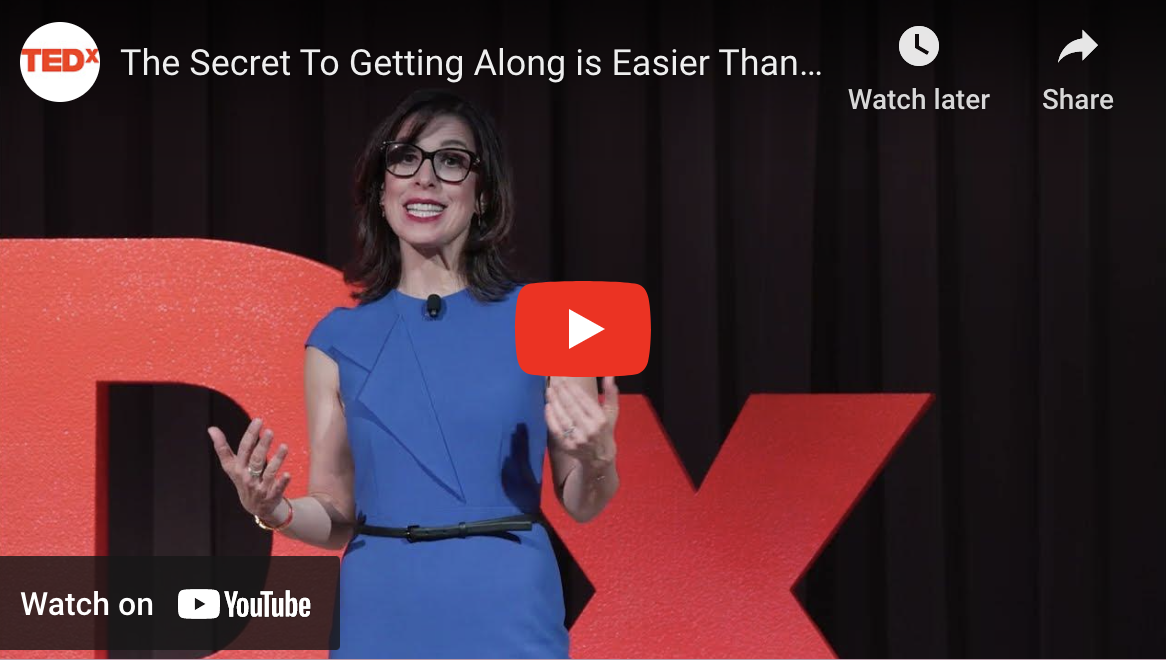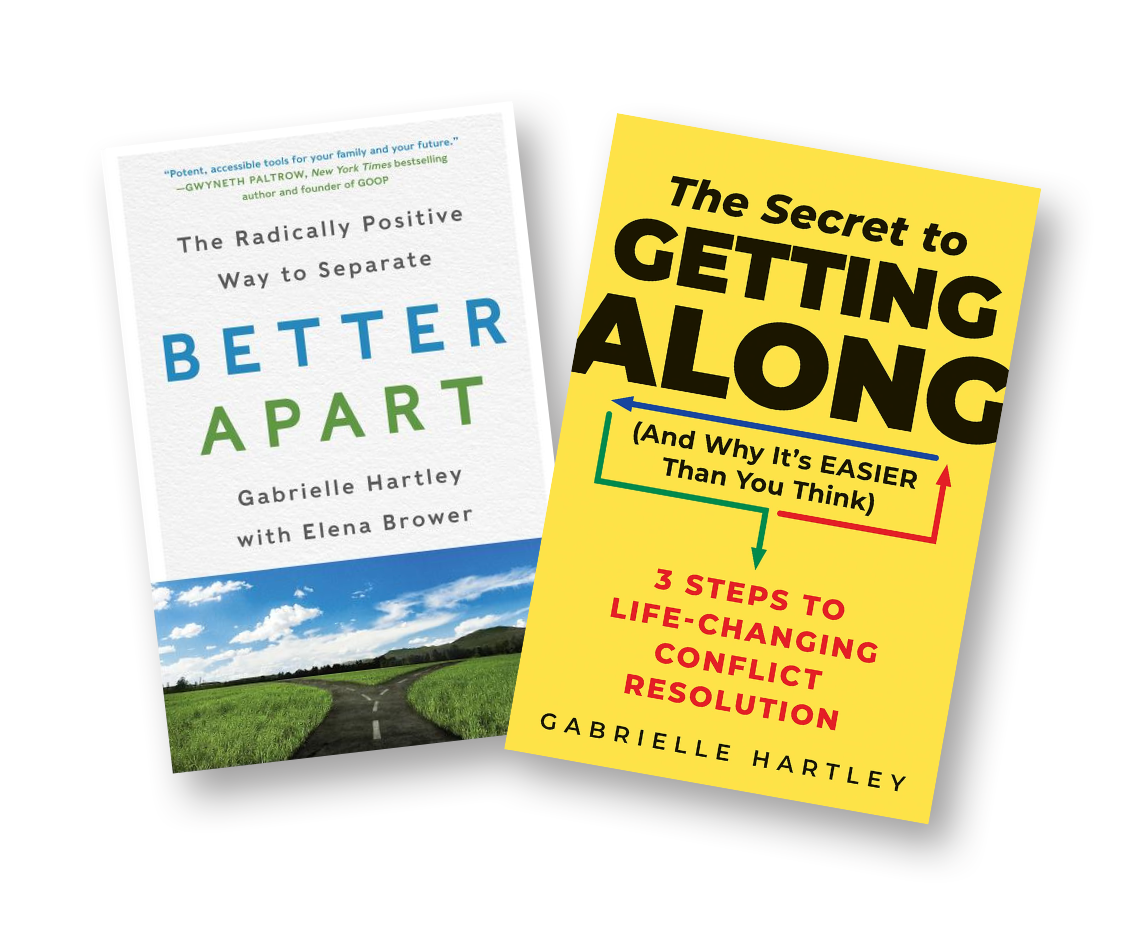What You Need to Know About Child Custody

When parents divorce, one of the most important decisions they must make is who will have custody of their children. While there are many factors to consider, and each family is unique, this guide will outline some key points to keep in mind when making your decision.
Types of Child Custody
There are different types of child custody arrangements that can be made in New York. Two types of custody arrangements include sole legal custody and sole physical custody. There are also joint custody arrangements: joint legal custody, joint physical custody, and shared parenting plans.
The type of custody arrangement that is best for your family will depend on your specific situation and the needs of your children.
What is Sole Legal Custody?
When one parent has sole custody of a child, that parent has the exclusive right to make decisions about the child’s welfare, including decisions about the child’s residence, education, health care, and religious upbringing.
In New York State, sole legal custody may be granted to either parent in a divorce proceeding or in a proceeding to determine custody and visitation after the parents have separated.
What is Sole Physical Custody?
Sole physical custody is an arrangement in which one parent has sole responsibility for the physical care of a child. This typically means that the child lives with that parent and has limited or no contact with the other parent. Sole physical custody is often granted in cases where one parent is deemed unfit or unable to care for the child. It can also be awarded as a way to protect the child from exposure to parental conflict or violence.
What is Joint Legal Custody?
Joint legal custody is a type of parenting arrangement in which both parents share equally in the decision-making authority for their children. This type of custody arrangement is usually favored when both parents are able to cooperate and communicate effectively with each other. Joint legal custody does not necessarily mean that the child will spend equal time with each parent, but it does give both parents a say in important decisions regarding the child’s welfare. In joint legal custody, for example, both parents typically have equal access to their children’s school and medical records, among other things.
What is Joint Physical Custody?
Joint physical custody is a legal arrangement in which both parents share physical custody of their child or children. This can mean that the child lives with each parent for an equal amount of time, or that the child spends a certain number of days per week or month with each parent. Joint physical custody is often encouraged by mediators over sole physical custody, as it allows children to maintain strong relationships with both parents.

What are Shared Parenting Plans?
Shared parenting plans are arrangements in which both parents outline and decide on the responsibilities of child rearing after a separation or divorce. These plans can be formal or informal, and they can vary in terms of the tasks that are shared and the amount of time that each parent spends with the child. Generally, these plans can cover everything from how the parents will make decisions about the children’s welfare to how they will share custody, finances, and visitation.
How Custody is Determined in New York
In New York, the custody of a child is determined by going through either mediation or the courts. If the parents can come to an agreement on their own, they may be able to use mediation to finalize their custody arrangement. If they are unable to agree, the courts will make a determination based on what is in the best interests of the child. The courts will consider a variety of factors when making their decision, including the parenting skills of each parent, the relationship between the child and each parent, and whether one parent has been abusive or neglectful.
Why Many Parents Choose Mediation Over the Courts When Making Child Custody Arrangements
There are a few reasons why many parents choose mediation over the courts when making child custody arrangements. One reason is that mediation is often seen as being cheaper and faster than going to court. Additionally, mediation allows both parents to have a say in the arrangement, as opposed to a judge who may only consider what is best for the child. Third, mediation is usually more confidential than going to court. Finally, mediation allows for a more tailored arrangement that meets the specific needs of the child and parents involved.
Are Mediation Arrangements for Child Custody Valid in New York?
Child custody mediation arrangements are valid in New York State as long as both parties agree to participate in the process and the mediator is qualified. If one party does not agree to the mediation arrangement, the arrangement will not be allowed to proceed and can only be resolved in court. In this case, the judge will make a decision for the parents. The mediator must also be qualified to handle family law matters in New York, and the mediation process must be conducted fairly and in good faith.
Modifying Custody Agreements: When Changes are Necessary
When a custody agreement is initially created, it is done so with the understanding that both parents will abide by the terms set forth. However, if there are subsequent changes in one or both parents’ circumstances, then the custody agreement may need to be modified. For example, if one parent moves to a new state, the custody agreement would need to be updated to reflect this change. If one parent also has a change in financial situation, such as having more or less income, they (or the other parent)may try to get the child custody arrangement modified.
To modify a child custody agreement in New York, the petitioner must file a petition with the court and state the grounds for the modification. The court will then hold a hearing to determine whether to grant the petition. If the court grants the petition, it will issue an order modifying the custody agreement.

Gabrielle Hartley, ESQ
It is important to understand the basics of New York child custody law before making any decisions regarding your children. However, you also have to put these decisions into action, and set them in motion. To do this, it is important to consult with an attorney who can help you understand your rights and obligations under the law, in relation to your specific situation.
If you are already going through a divorce and need help with custody arrangements, you should speak to Gabrielle Hartley, ESQ. She offers divorce/child custody mediation and litigation services, and can help you ensure that your interests, as well as your children’s best interests, are protected.



Gabrielle Hartley, ESQ
It is important to understand the basics of New York child custody law before making any decisions regarding your children. However, you also have to put these decisions into action, and set them in motion. To do this, it is important to consult with an attorney who can help you understand your rights and obligations under the law, in relation to your specific situation.
If you are already going through a divorce and need help with custody arrangements, you should speak to Gabrielle Hartley, ESQ. She offers divorce/child custody mediation and litigation services, and can help you ensure that your interests, as well as your children’s best interests, are protected.


FOLLOW GABRIELLE


DISCLAIMER: The commentary, advice, and opinions from Gabrielle Hartley are for informational purposes only and not for the purpose of providing legal advice or mental health services. You should contact an attorney and/or mental health professional in your state to obtain advice with respect to any particular issue or problem.
- One Edgewater Plaza Suite 304, Staten Island, NY 10305
- 266 Smith Street, Brooklyn, NY 11231
Northampton MA
PHONE:
New York: (917) 905-4553
Boston: (413) 450-0420








